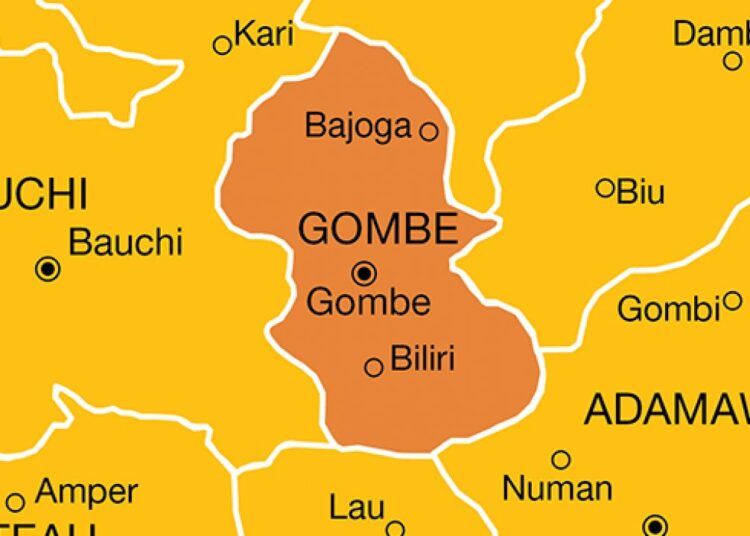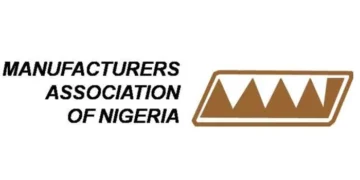Health officials in Gombe State said the government and its partners are on track to eliminate Neglected Tropical Diseases (NTDs) before 2030.
This, according to the officials, followed years of coordinated interventions that have already freed most local government areas from the infections.
At a media dialogue on NTD elimination in Gombe, Hajiya Hauwa’u Abubakar, North-East Zonal Coordinator for NTDs at the Federal Ministry of Health and Social Welfare, said the state had made significant progress through strong political commitment and collaboration with development partners.
Hajiya Hauwa’u noted that the government’s effort, supported by the Federal Ministry of Health, UNICEF, and civil society partners had improved public health outcomes, particularly for children and vulnerable populations.
She stressed that with sustained momentum, Gombe could achieve NTD-free status before 2030.
Dr. Nuzhat Rafique, Chief of Field Office, UNICEF Bauchi, described the progress as a major step toward halting the transmission of NTDs across the North-East.
She said Gombe was approaching the breakpoint, a stage where preventive treatment could stop further spread of the diseases in communities.
Rafique emphasised that “The progress so far is encouraging, but we must continue investing resources wisely to eliminate NTDs and protect children and women.”
She commended the state’s commitment to funding and hygiene promotion, urging continued investment in clean water, sanitation, and community health education.
Rafique however, said more effort was required to completely eliminate the diseases calling for an integrated approach, using community-based mobilisation to promote hygiene, sanitation and access to clean water in the state.
Dr. Musa Abdullahi, Director of Disease Control and Immunisation at the Gombe State Primary Health Care Development Agency, confirmed that all local government areas except Akko and Kwami had been declared NTD-free.
He described the progress as a product of effective collaboration between the Federal Government, UNICEF, and other implementing partners.
The officials also noted that since 2015, the Amen Health Care and Empowerment Foundation (AHF) partnered with the Federal Ministry of Health, Gombe State Government, UNICEF, and other funders to combat NTDs such as Onchocerciasis (River Blindness), Lymphatic Filariasis, and Schistosomiasis.
The Foundation has conducted extensive epidemiological and entomological surveys, as well as Pre-Transmission and Transmission Assessment Surveys across endemic local government areas, leading to the suspension of treatments for Onchocerciasis and Lymphatic Filariasis in most affected communities.





